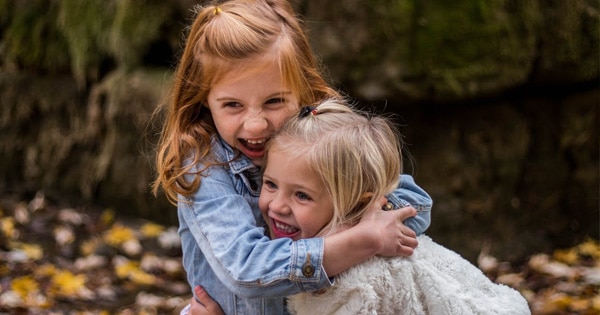As dentists, we understand the importance of a smile. While our patients want healthy mouths, this is not what they are typically thinking about every day. They’re thinking about looking good when they smile: in pictures, at work, to their spouses and to themselves.
The all-natural smile
Our brains have been pre-programmed to communicate non-verbally with our mouths.
In the primate world, showing one’s teeth means two very different things. When teeth are being shown apart, it is an indication they’re in the biting position and ready to attack. This was clearly a non-verbal warning as opposed to an act of aggression like it might be for a dog, because primates have the dexterity to not need to bite their adversaries.
But primate observation has also confirmed that teeth shown together is a sign of submission and belonging.
Behaviour psychologists have seen this cross over to humans. Babies who bare their teeth with a smile are known to be showing fear. On the other hand, a non-toothy, not-so-broad but open-lipped smile is showing pleasure. It’s not the teeth-clenched smile that the baboons flash to show submission. Instead, it’s more of a pleasant hybrid of open and closed.
As for closed-mouth smiles, these are rarely received well. Meanings behind them range from feigned interest and indifference to jealousy, rage and annoyance.
All the more reason to keep your pearly whites white, your gums healthy and the space between your teeth free of embarrassing green bits of salad.
Interesting smile fact
Frank McAndrew, professor of psychology at Knox College in Galesburg, Ill, who has been studying facial recognition for some time conducted a fascinating experiment with children who’d been born blind. They had no sense of what smiles looked like or how smiles affect others. But nonetheless, they smiled naturally just as the kids with full eyesight. They instinctively presented the right kind of smile in any situation. Based on their mastery of visual cues relating to smiling, if you didn’t already know that they were visually impaired, you might never be able to determine this.








